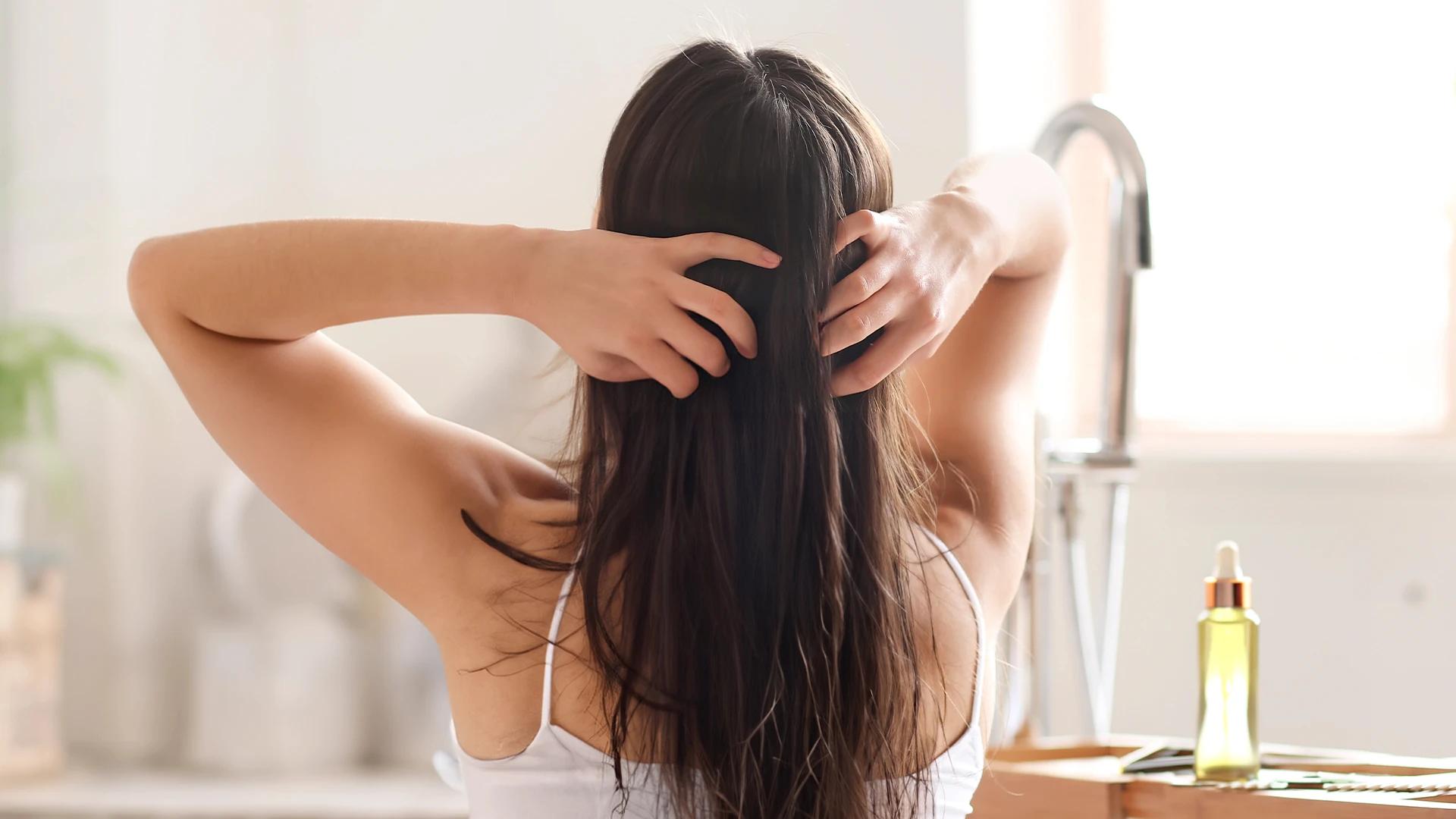Leaving oil in your hair overnight sounds like the ultimate pampering move, but it's not always the best choice. Long exposure can sometimes lead to over-conditioning, making hair limp and lifeless. Plus, there's the whole pillow situation – nobody wants to wake up on an oil slick.
For some hair types, overnight oiling works brilliantly. For others, a few hours is plenty. It really depends on your hair's porosity, thickness, and overall condition. There's no universal rule here.
Optimal Duration for Hair Oiling
Most hair types benefit from 30 minutes to 2 hours of oil treatment. This gives the oil enough time to penetrate without overdoing it. If you have very dry or damaged hair, you might benefit from longer treatments, but start shorter and see how your hair responds.
Myth 6: Hair Fall During Oiling is Always a Bad Sign
Seeing hair come out during oiling can be scary, but it's often completely normal. We naturally shed 50-100 hairs per day, and if you haven't brushed or washed your hair recently, those loose hairs accumulate. The massage action during oiling simply helps release hairs that were already ready to fall.
The key is understanding the difference between normal shedding and actual hair loss. Normal shed hairs usually have a white bulb at the root end, whilst broken hairs appear jagged or split.
Distinguishing Between Normal and Excessive Hair Fall
If you're losing more than 100 hairs per day consistently, or if you notice sudden changes in your hair loss pattern, it might be time to look beyond oiling. Factors like stress, diet, hormones, or underlying health conditions could be at play.
Myth 7: Oiling Can Replace Other Hair Care Practices
Oiling is brilliant, but it's not a magic solution that replaces everything else. Think of it as one part of a balanced routine, not the entire show. You still need proper cleansing, conditioning, and protection from heat and environmental damage.
A holistic approach to hair care includes good nutrition, gentle handling, proper sleep, and stress management. Oil-induced hair thinning is rare when oiling is part of a well-rounded routine, but problems can arise when it's used as a Band-Aid for deeper issues.
Natural Hair Treatments Within a Complete Routine
Combine oiling with other beneficial practices like silk pillowcases, wide-tooth combs, and heat protection. Think of your hair care routine like a balanced diet – variety is key, and no single ingredient can do everything.


 100 ml
100 ml 100 ml
100 ml 50 ml
50 ml 150 gm
150 gm